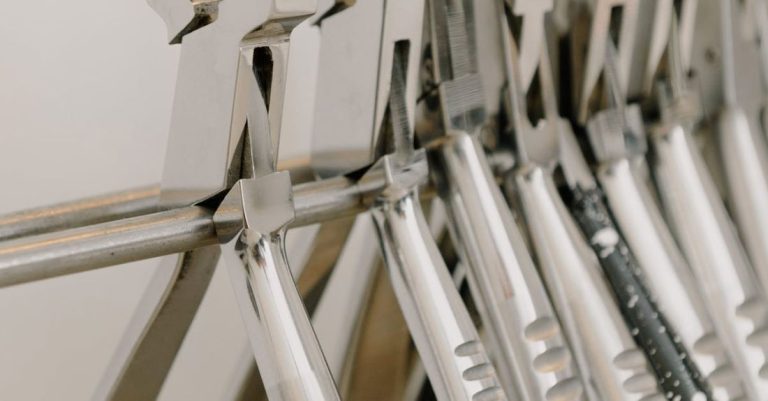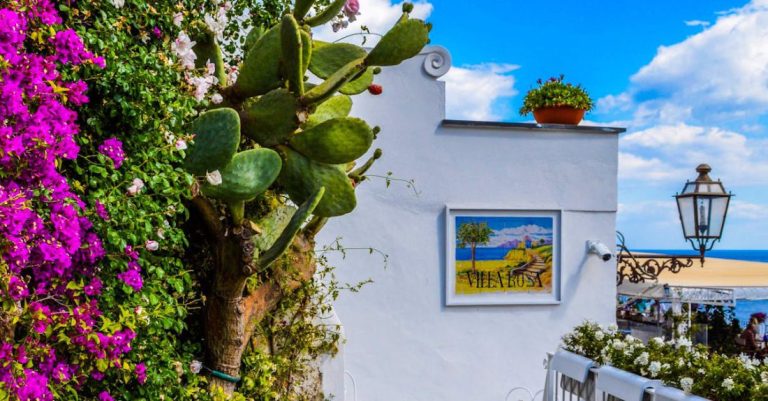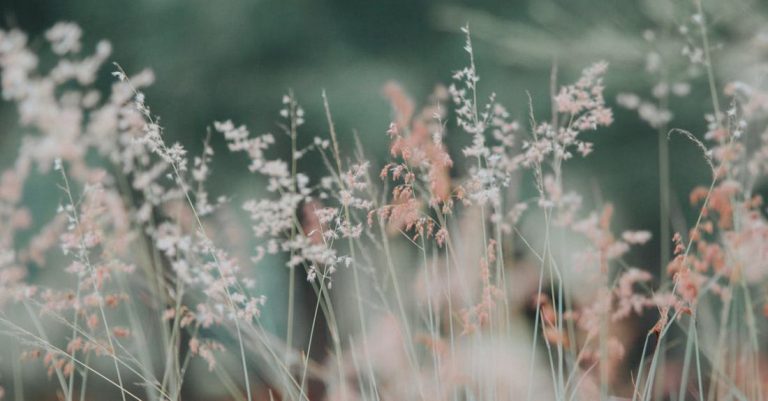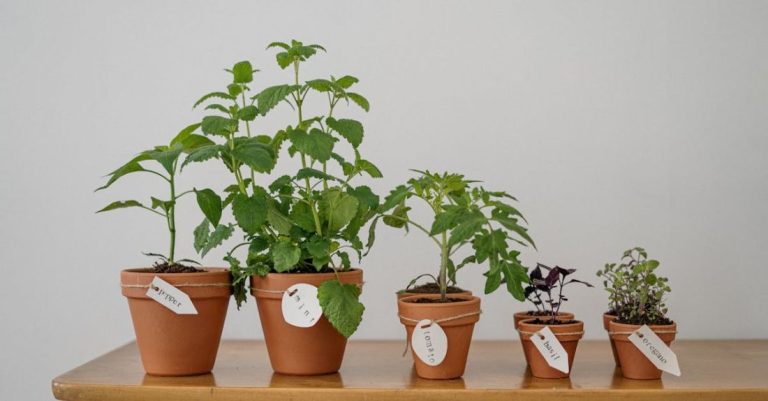
**How to Attract Pollinators to Your Garden**
Creating a thriving garden involves more than just planting beautiful flowers and vegetables. One crucial element for a successful garden is attracting pollinators. Pollinators, such as bees, butterflies, and hummingbirds, play a vital role in the pollination process, which is essential for the production of fruits, vegetables, and seeds. By attracting these helpful creatures to your garden, you can not only increase your harvest but also contribute to the overall health of the ecosystem. Here are some effective ways to attract pollinators to your garden.
**Choose the Right Plants**
Selecting the right plants is key to attracting pollinators to your garden. Opt for a variety of flowering plants that bloom at different times throughout the year to provide a continuous food source for pollinators. Native plants are particularly attractive to local pollinators as they have evolved together and share a symbiotic relationship. Additionally, choose a diverse range of plant shapes and colors to cater to different pollinator species.
**Create a Pollinator-Friendly Habitat**
Pollinators need more than just flowers to thrive in your garden. Create a welcoming habitat by providing shelter, water sources, and nesting sites. Incorporate features such as bee houses, bird baths, and rock piles to offer pollinators a place to rest, drink, and breed. Avoid using pesticides in your garden, as these chemicals can be harmful to pollinators. Instead, opt for natural pest control methods to maintain a healthy and balanced ecosystem.
**Provide a Water Source**
Pollinators, especially bees and butterflies, need access to water for hydration. Create a shallow water source in your garden, such as a small birdbath or a shallow dish filled with pebbles, to provide pollinators with a safe drinking spot. Make sure to keep the water clean and change it regularly to prevent the breeding of mosquitoes.
**Plant in Clusters**
Planting flowers in clusters can make it easier for pollinators to locate them. Grouping the same type of plant together creates a larger target for pollinators to see and increases their chances of finding a food source. Consider planting different clusters of flowers throughout your garden to attract a diverse range of pollinators.
**Avoid Hybridized Plants**
While hybridized plants may look attractive, they often lack the nectar and pollen content that native pollinators need for sustenance. Opt for heirloom or open-pollinated varieties of plants, as these tend to be more attractive to pollinators due to their higher nectar and pollen content. Additionally, native plants are better adapted to the local climate and soil conditions, making them more resilient and easier for pollinators to pollinate.
**Maintain a Chemical-Free Garden**
Chemicals such as pesticides, herbicides, and synthetic fertilizers can be harmful to pollinators and disrupt the delicate balance of your garden ecosystem. Instead, practice organic gardening methods by using natural pest control techniques, composting, and mulching to maintain a healthy garden environment. By eliminating chemicals from your garden, you create a safe and inviting space for pollinators to thrive.
**Conclusion: Cultivate a Pollinator Paradise**
Attracting pollinators to your garden is not only beneficial for your plants but also contributes to the overall biodiversity of your surroundings. By following these tips and creating a pollinator-friendly habitat, you can cultivate a vibrant garden that buzzes with life. Remember, every flower you plant and every pollinator you attract plays a crucial role in sustaining our planet’s ecosystems. So, roll up your sleeves, get your hands dirty, and watch as your garden transforms into a pollinator paradise.





